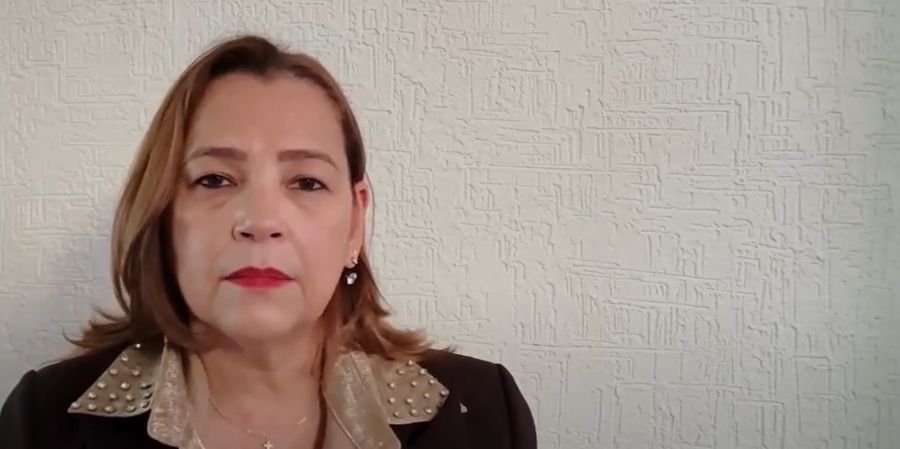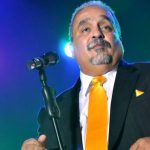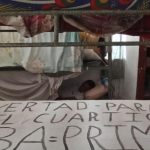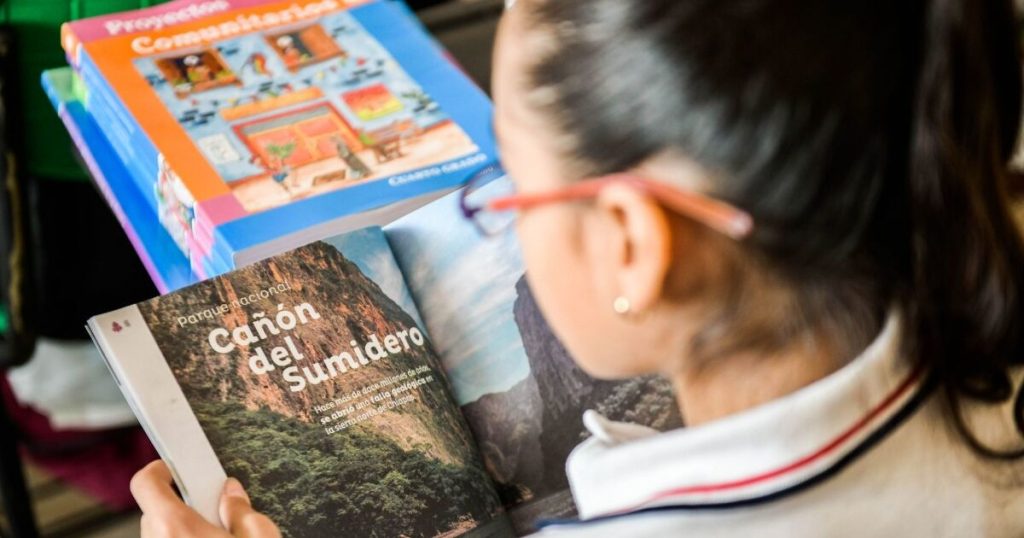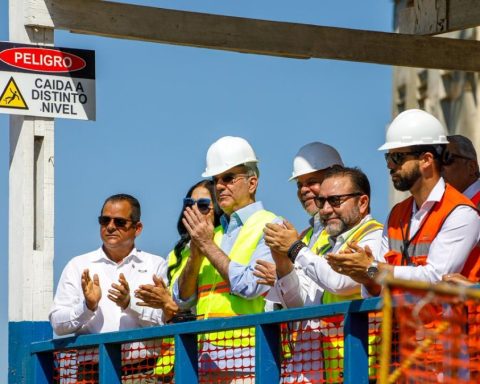ROME, Italy – Olga González is the voice of one of the Venezuelan families that has been devastated by state violence. Her husband, Leonardo González Barreto, was murdered by officers of the now-defunct Special Action Forces of the Bolivarian National Police (FAES) in July 2017. Since then, she has dedicated her life to seeking justice and denouncing the crimes committed by the Venezuelan regime. Nicolas MaduroHer story is a portrait of the pain that many Venezuelan families have experienced under a state that resorts to repression to remain in power.
Olga, who belongs to the ALFAVIC Venezuela victims committee, agreed to speak exclusively with CubaNetThe Alliance of Relatives and Victims 2017 (ALFAVIC 2017) is a committee of parents, relatives and victims who joined together to demand justice, seek the truth and fight against impunity in Venezuela.
“ALFAVIC was born with relatives of those killed in the 2017 protests, but over time it was nourished by relatives of victims from low-income neighborhoods, also killed by the FAES,” recalls Olga, who has dedicated her life to international denunciation of crimes against humanity committed in Venezuelaespecially extrajudicial executions. She is currently vice president of ALFAVIC and heads the Leonardo González Barreto Foundation.
Repression in Venezuela is not a new phenomenon, but recent figures show that the Maduro regime has intensified its use of violence. According to data from the NGO Encuentro Justicia y Perdón (EJP), during the seven days following the the elections of last July 2825 murders were recorded. This number more than doubles the number of deaths that occurred during the protests in 2014 and 2017.
EJP data indicates that from February 12 to 19, 2014, during the first week of protests, seven people were killed. In 2017, another year marked by brutal repression, five people were killed in the first week of protests (between April 6 and 13). Compared to the figures for 2024, where 25 deaths were recorded in just seven days, it is clear that the level of violence has reached unprecedented levels. Furthermore, according to Provea, between 2013 and 2023, 10,085 people have been executed by agents of the police and military forces controlled by Nicolás Maduro.
“I was just another Venezuelan, one of those who goes out to work every day,” says Olga. Both she and her husband worked in a supermarket and saw firsthand how the economic crisis affected Venezuelans: “There were endless lines of people waiting for days to buy basic foodstuffs like flour, rice and milk,” she explains. She also says that the situation led them to get involved in the protests in 2017.
“My husband, besides being a social worker, was a human rights defender without knowing it,” says Olga. Leonardo was also a volunteer for the Doctor Yaso organization, with which he worked as a clown in children’s hospitals.
On July 27, 2017, the man went out to peacefully protest with a group of neighbors in Naguanagua, Carabobo state. “He went out to protest and never made it home,” Olga recalls. “More than 30 officers chased him and his vehicle was hit by 21 bullets. One of those bullets went through my husband’s back. When he saw that he was injured, he got out of the car and asked for help, but they refused him,” the interviewee recalls.
“When I arrived, the officials wanted to move my husband’s body, but I stood my ground and demanded that they wait for the Criminal Court. [ONG de defensa de los DD.HH. en Venezuela] and to the Public Prosecutor’s Office. When they searched the vehicle, they only found food. And on my husband’s body, the only thing they had was candy,” the woman says.
For Olga, her husband’s death was an extrajudicial execution. “My husband was not a criminal, he was not armed and he never represented a danger to those officers. There was excessive violence, a brutal persecution that should never have happened,” she says.
The process of seeking justice has been long and exhausting. “It has been seven years since my husband was murdered. We had to go through three long trials, the first two of which were overturned,” Olga says. Six officials were ultimately sentenced for Leonardo’s murder, but the process is not over.
“The sentence is still open and we are still waiting for the Supreme Court to ratify the conviction,” she explains. Although those responsible are in custody, Olga complains that they are not serving their sentence in the appropriate conditions, but rather protected “in the police commands of their friends.”
The activist also claims that the Venezuelan judicial system is designed to exhaust victims: “The system tires you, frustrates you, exhausts you. It is designed to make you give up and stop seeking justice.” But she does not give up, her fight is not only for the memory of her husband, but for all victims of repression in Venezuela: “I have grown as a human being in these years of struggle. I have had to learn about human rights, laws and accompany other relatives who have gone through the same thing.”
During his conversation with CubaNetthe activist made an urgent call to the international community to pay attention to what is happening in Venezuela. “Everyone should know that, in Venezuela, day after day, while I am sitting here, they are killing someone innocent, someone’s son, innocent and unarmed. Right now, at this moment, when I am here, they are torturing someone in Venezuela,” she denounced.
“If we could go back in time, I think we would go out on the streets again,” she said when asked if she could change her past. For her, the fight for freedom and justice is what keeps hope alive in a country that has been devastated by repression. “My husband would go out again and die a thousand times if necessary, because we know that this is the way to show the world that human rights are violated daily in Venezuela,” she emphasized.
